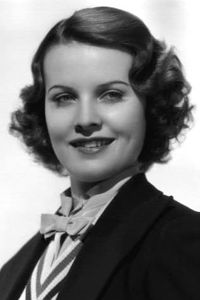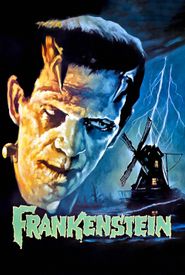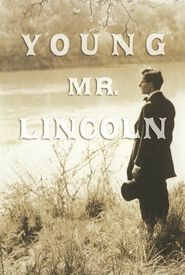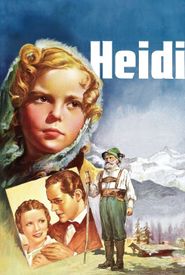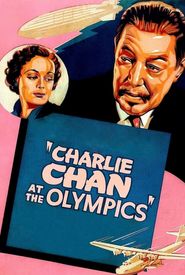Pauline Moore, a renowned American actress, was born Pauline Joless Love on June 17, 1914, in Harrisburg, Pennsylvania, a city nestled in the heart of the Keystone State. The year of her birth coincided with the tumultuous period of World War I, during which her father tragically lost his life, leaving her mother to navigate the challenges of single parenthood. In 1925, Moore's mother remarried, and the young actress took on her stepfather's surname, marking a significant turning point in her early life.
The renowned actress, a talented individual with a multifaceted career spanning over three decades, began her professional journey in the world of modeling, showcasing her striking features and captivating charm to the masses.
Subsequently, she took her remarkable skills to the Great White Way, starring in various productions on the esteemed Broadway stage, honing her craft and perfecting her artistry in the process.
As her star continued to rise, she made the transition to the silver screen, embarking on a fruitful film career that would come to define her remarkable legacy.
Throughout her illustrious tenure, Moore worked with the iconic 20th Century Fox, producing an impressive twenty-four films that showcased her remarkable range and versatility as a performer.
In addition to her work with 20th Century Fox, she also collaborated with Republic Pictures, further expanding her cinematic repertoire and solidifying her status as a Hollywood mainstay.
Throughout her distinguished career, Moore had the privilege of sharing the screen with some of the most notable and respected actors of her time, including the legendary Roy Rogers, the illustrious Sammy Baugh, the charming Cesar Romero, the stalwart Allan Lane, the dashing Kane Richmond, the precocious Shirley Temple, and the iconic Henry Fonda, to name but a few.
Each of these collaborations not only served as a testament to her enduring talent but also played a significant role in cementing her status as a beloved and enduring figure in the world of cinema.
Moore's most prominent roles in the realm of cinematic endeavors comprise starring in a quartet of Roy Rogers westerns, a notable achievement that solidified her presence in the genre. Additionally, her repertoire boasts the starring role in the 1940 film "King of the Texas Rangers", a testament to her versatility as a thespian. Furthermore, Moore's acting talents were showcased in a trilogy of Charlie Chan films, a franchise that garnered widespread acclaim for its clever blend of mystery and wit. Beyond her work in the western and detective genres, Moore's filmography also features appearances in two notable films that have become beloved classics of their era. Firstly, her role in the 1937 film "Heidi", alongside the precocious Shirley Temple, showcased her ability to bring depth and nuance to her performances. Secondly, her portrayal of a supporting character in the 1939 film "Young Mr. Lincoln", alongside the esteemed Henry Fonda, demonstrated her capacity to excel in a range of roles and genres.
Noted American actress, Marjorie Moore, led a life marked by significant personal milestones, having been married twice to two distinct individuals. Her first union was with cartoonist Jefferson Machamer, a partnership that endured from 1934 until his untimely demise in 1960. Subsequently, Moore entered into a second marriage with Rev. Dodd Watkins in 1962, only to be left a widow for the second time following Watkins' passing in 1972. Tragically, Moore's life was cut short when she succumbed to the debilitating effects of Lou Gehrig's disease on December 7, 2001, at a nursing home in Sequim, Washington. Throughout her illustrious career in Hollywood, Moore left an indelible mark on the film industry, cementing her legacy as a talented and accomplished actress.
